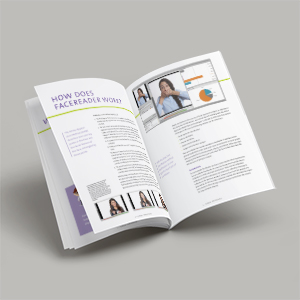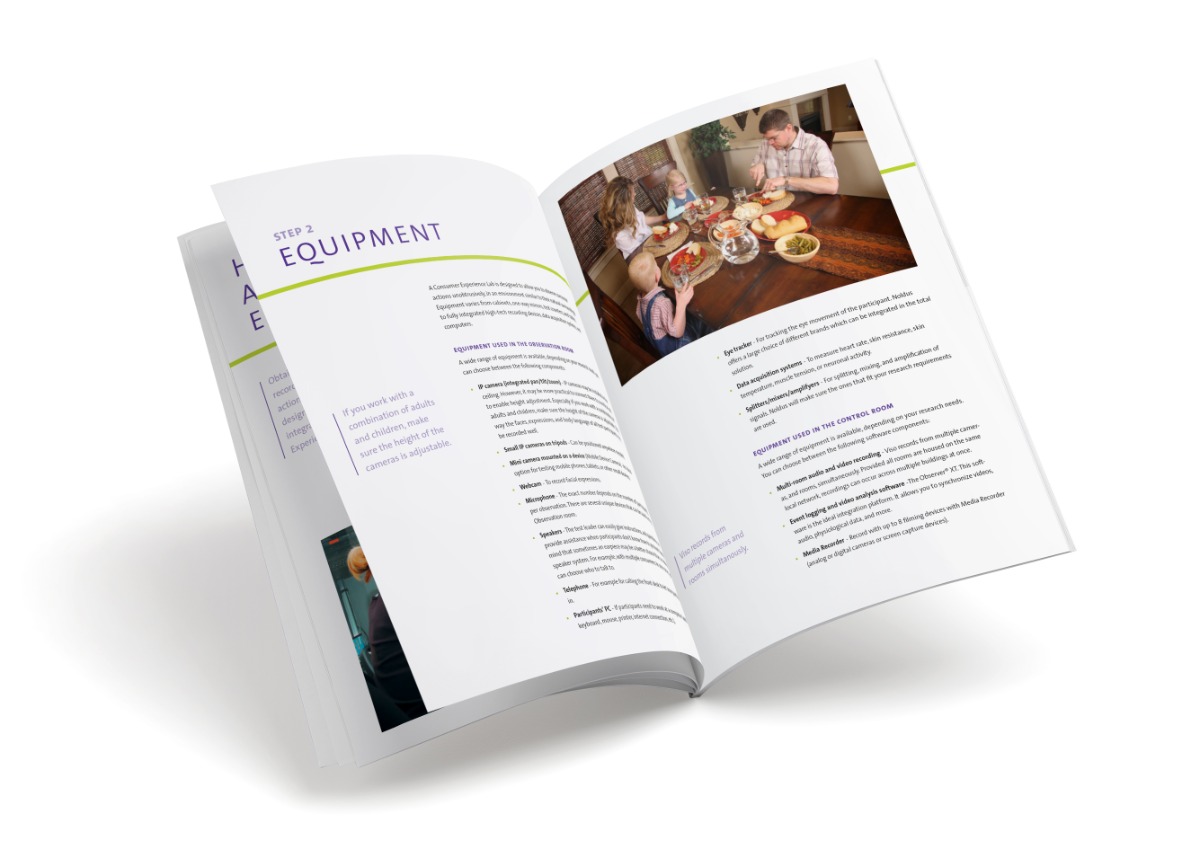
Facial expressions - reactions to bitter food vary between high and low BMI
Overweight and obese individuals are at increased risk for many diseases and health conditions. By 2050, as much as 50% of the UK population could be obese at a cost of £50 billion a year, warns the National Obesity Awareness Week. To create awareness, they have organized a National Awareness Week from 13 to 19 January 2014. Their goal is twofold: putting the obesity crisis at the top of the agenda and teaching people how they can begin to tackle the problem.
In many recent research projects, the overweight and obese are the subjects under investigation. “Why do people who are overweight or are at risk of becoming overweight eat differently from thinner people?” is the question David Garcia-Burgos and Maria Clara Zamora asked. Basing their study on recent hedonic eating theories of obesity, they hypothesized that overweight individuals would be more reactive to unpleasant tasting food than lean people.
Is there a link between obesity and a dislike of bitter-tasting food?
Garcia-Burgos and Zamora observed participants with a high body mass index (BMI) and compared this group to a group of participants with a low BMI. They recorded videos to capture the reactions to bitter-tasting food stimuli in order to see if the reactions differed. Participants were asked to drink both a chocolate drink and grape juice. The research presented by Garcia-Burgos and Zamora is the first to examine how affective facial reactions to bitter food, apart from taste responsiveness, can predict differences in BMI.
Facial expressions test unravels real feelings
In order to provide more direct access to affective systems than subjective reports, the researchers decided to include facial expression analysis. Facial expressions were automatically measured using FaceReader software. The researchers set up the experiment with a camera directly in front of the participants, “located in a hole of the booth wall, directly above the computer screen and in front of the subject at a distance of 1.5 m.” Since illumination of the face helps to optimize the results when working with facial expression analysis software, they placed daylight lamps in the lab, in addition to the ceiling lights.
Using FaceReader, Garcia-Burgos and Zamora were able to automatically scale the facial expressions from 0 (not present at all) to 1 (maximum intensity of the fitted model). FaceReader reads seven facial reaction patterns or expressions (happy, sad, angry, surprised, scared, disgusted, and neutral). The researchers indicate in their paper that FaceReader technology was a sufficiently suitable and accurate method, in their case, for differentiating between the two bitter foods: stimulus perceived as more bitter was more strongly disliked (on the basis of the intensity of the elicited disgust and angry expressions) in both BMI groups.

Results
After analyzing both groups, the researchers concluded that participants with high BMI reacted to bitter stimuli while showing more profound changes from baseline in neutral and disgust facial expressions. This difference shows that it is worth investigating more so we are able to identify factors that contribute to weight gain or avoidance behavior such as avoiding health-promoting food.
Reference
Garcia-Burgos, D.; Zamora, M.C. (2013) Facial affective reactions to bitter-tasting foods and body mass index in adults. Appetite, 71 (1), 178-186.
Get the latest blog posts delivered to your inbox - every 15th of the month
more

FaceReader and different scientific theories on emotion
In this blog post, Tess den Uyl, PhD, Peter Lewinksi, PhD, and Amogh Gudi, PhD from VicarVision outline how FaceReader is designed with scientific rigor and in accordance with responsible AI principles.
Do emotions affect preferences to opera music?
Many researchers are interested in the relationship between facial expressions and music preference. This is the first study that uses FaceReader to investigate this.

